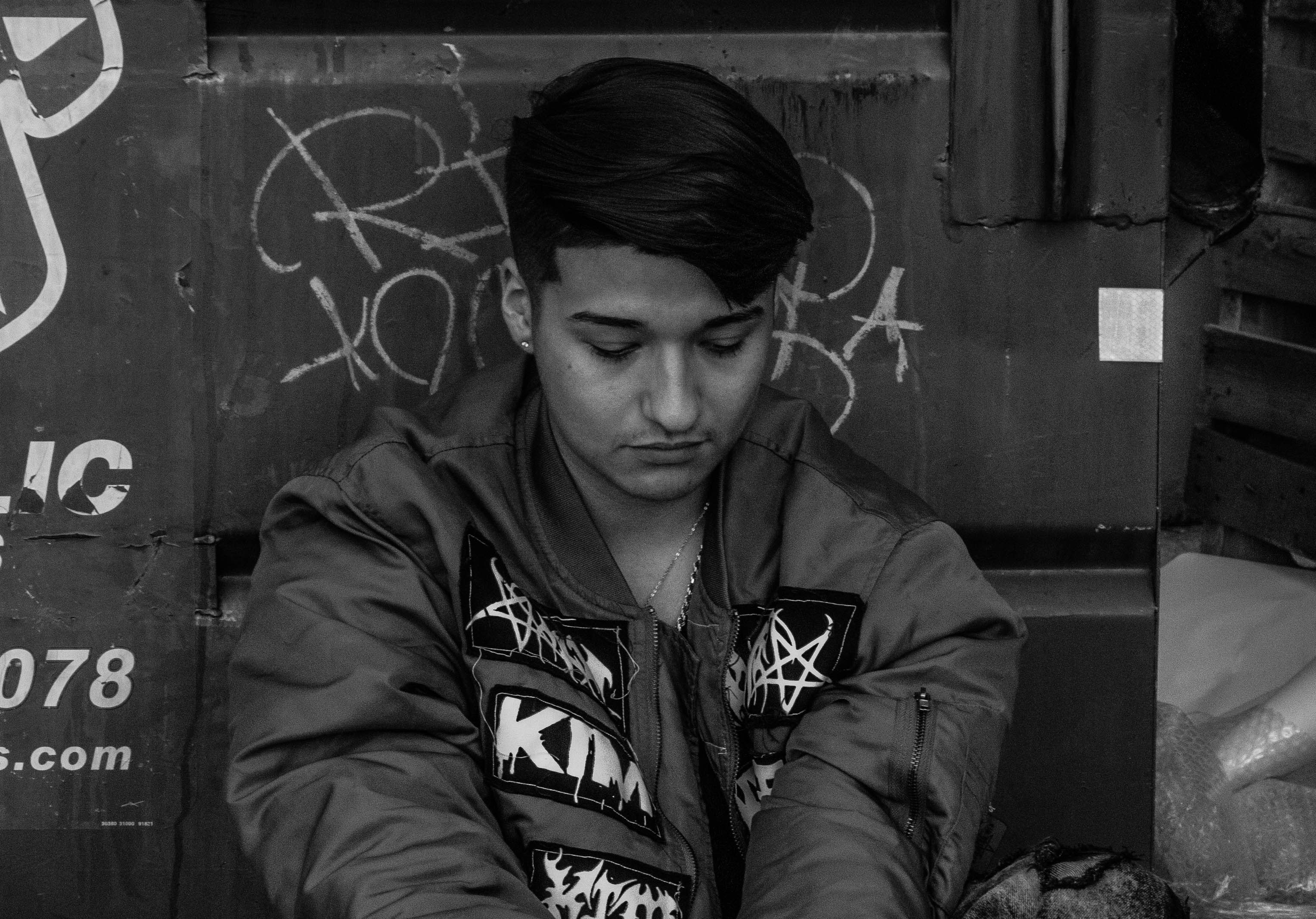You’ve made the decision to seek help for your addiction, to take charge of your life, and go to rehab. But there’s one thing standing in your way — how to pay for alcohol or drug rehab. And while addiction treatment, like medical treatment, can be costly, there are resources available that can help you get the services and care you need.
How Much Does Treatment Cost?
The cost of addiction rehabilitation varies depending on your required level of care. Inpatient treatment programs offer the highest level of care. Detox services provide around-the-clock medical supervision by specialized healthcare providers for an average of three to seven days to help a person safely and comfortably go through the initial withdrawal process. What often follows detox is clinical services.
There are high-intensity residential clinical programs that offer five days of programming for approximately four consecutive weeks. Some treatment centers provide seven days of programming to give clients daily clinical support. These month-long residential addiction treatment programs for alcoholism and drug addiction provide the most comprehensive care but also tend to come at higher costs.
On the other hand, outpatient treatment programs are typically a lower cost compared to traditional residential treatment. Outpatient rehabs offer a series of group and individual counseling sessions, one to three times a week, spread over several months. They can be great options for people who need to be at home to maintain family, work, or school commitments.
Treatment looks different for everyone. The associated expenses will depend on the approach you take and the programs and services you choose to best meet your health and wellness needs. Find out how to pay for rehab with the below tips.
Get the Most Out of Your Insurance
If you’re like most people, you probably have no idea what your insurance actually covers. Luckily, most insurance plans do cover mental health services including substance abuse treatment. How much it covers will vary depending on your plan and the level of treatment you need. To start this process, you can do the following:
- Review Your Policy: Look over your health insurance policy documents, including the Summary of Benefits and Coverage (SBC). This document should outline what types of addiction treatment services are covered, the extent of coverage, and any restrictions or limitations.
- Contact Your Insurance Company: Reach out to your insurance company’s customer service or benefits department to discuss your specific situation. They can provide you with detailed information about your coverage, including in-network and out-of-network providers, deductibles, co-pays, and co-insurance.
- Check Preauthorization and Referrals: Some insurance plans require preauthorization for addiction treatment services. This means you need to obtain approval from your insurance company before starting treatment. Additionally, some plans may require a referral from your primary care physician.
- Appeal Denied Claims: If your insurance company denies coverage for addiction treatment or specific services, you have the right to appeal their decision. Gather all medical records and other important information from your healthcare providers to support your appeal.
- Keep Records: Write down all communications with your insurance company, including dates, times, names of representatives you spoke with, and the details of your discussions. This can be helpful if you encounter any billing or coverage issues.
Remember that insurance coverage for addiction treatment can vary widely between different plans and providers. If you’re unsure about any aspect of your insurance plan, consider speaking with an insurance broker or a healthcare advocate who can provide guidance on navigating the system. Additionally, the rehab facility’s admissions staff can often assist with insurance-related questions and paperwork.
Ask About a Sliding Scale
A sliding scale for addiction rehab treatment is a flexible pricing structure offered by some treatment facilities, where the cost of treatment is adjusted based on an individual’s income and financial circumstances. If they don’t offer a sliding scale, they may offer a payment plan that is tailored to your financial situation. Know that reputable rehabs are in business to help those struggling with addiction, not solely by financial motives. So, if money is what is keeping you from treatment, be honest and they will likely be able to work with you or refer you to another treatment center that can.
Look for Scholarships and Grants
You’ve heard of scholarships that pay for college, but believe it or not, there are scholarships that help people struggling with drugs or alcohol get the help they need. There are government-funded scholarships by organizations such as the Substance Abuse Mental Health Services Administration (SAMHSA). Scholarships are also provided through non-profit organizations such as 10,000 Beds and community resource centers. Sometimes, treatment centers may offer scholarships to help alleviate the cost of addiction and mental health care.
Additionally, if you are someone who has completed a residential program and wants to continue receiving care, you should consider a sober living scholarship through Herren Project Recovery Scholarships. This program offers scholarships to cover the rent of a sober living home. Returning home after rehab can be a financial burden and the Herren Project aims to relieve that burden and help you get back on your feet. Finding these scholarships isn’t always easy, and there can be a waiting period, but if you’ve exhausted your other options, scholarships can be of aid.
Pay For it Out-of-Pocket
The idea of taking out a loan or charging your credit card for thousands can seem overwhelming, but not getting the help you need could cost you your life. While being careful with your finances is important, your well-being needs to be your priority. If you are unsure of how to pay for rehab, take an honest look at your finances and see if getting a loan, using your credit cards, or perhaps selling some valuables can get you one step closer to treatment.
Ask for Help
No one likes asking for help, especially when addiction is involved. But it would be a good time to put your pride, shame, and fear aside and have an honest conversation with your loved ones. Know that those around you love you, want to see you get better, and will do what they can to make that a reality. And if your loved ones can’t help you financially, you can seek funding through crowdsourcing websites like GoFundMe. While this means putting yourself and your addiction out there for the world to see, it also could mean getting the help you need. There are many people in recovery and individuals whose lives have been impacted by addiction who are willing to help others get treatment.
One thing to remember about addiction treatment is that price does not always equal quality. When searching for rehab, be sure to check for common red flags so you don’t fall for one of the many rehab scams out there. And know the right questions to ask so you can find the right treatment center for you.
Are you interested in receiving addiction treatment at Mountainside? Learn about our financing options or speak to one of our compassionate admission advisors today.
If you or a loved one is struggling with addiction, Mountainside can help.
Click here or call (888) 833-4676 to speak with one of our addiction treatment experts.

 By
By 






